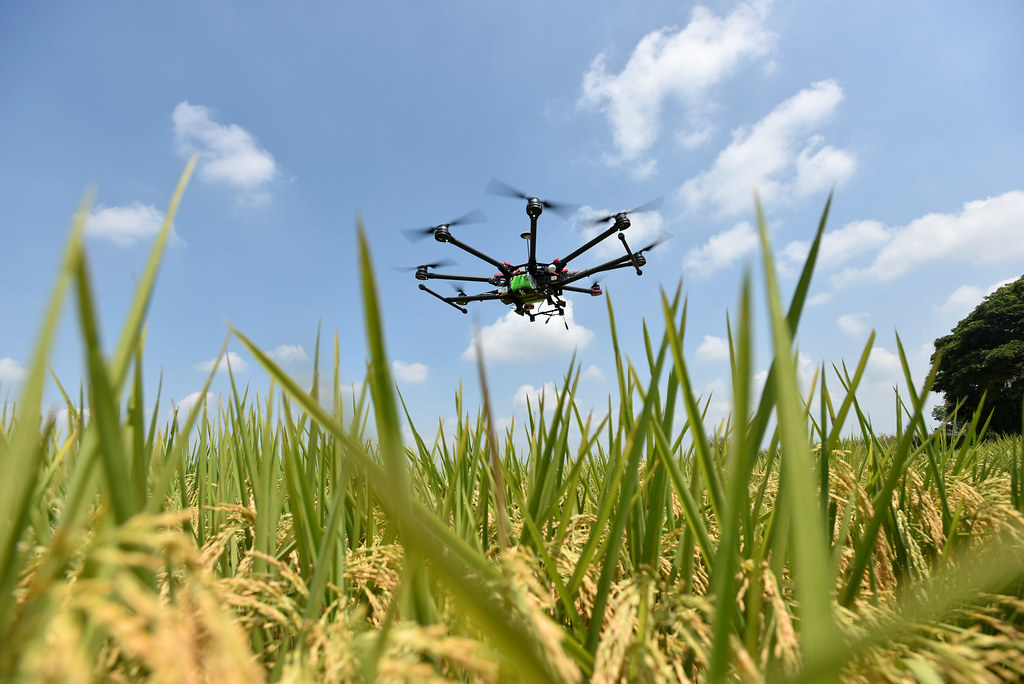-
RAAF
Contributing to the implementation of the Regional Agricultural Policy
RAAF Approach is essentially based on getting things done.
-
Thematics

Thematic areas
The implementation of the Regional Agricultural Policy (ECOWAP) is built around nine thematic areas.
-
Projects
- Renforcement des capacités pour la mise en œuvre de l’ECOWAP en Afrique de l’ouest
- At the end of PRAPS-1, which achieved significant progress in relation to most of the issues relating to animal health, sustainable management of rangelands and pastoral resources, livestock trade, and prevention and management of pastoral crises, the Wor
- Fruit flies are a major problem for the horticultural sector in West African countries. They destroy 50 to 80% of fruit production.
- The Global Climate Change Alliance Plus (GCCA+) is the second phase of an initiative of the same name launched by the European Commission in 2008
- West Africa is one of the most vulnerable regions in the world.
- Renforcement des capacités pour la mise en œuvre de l’ECOWAP en Afrique de l’ouest
- West Africa is facing three major challenges: (i) structural food and nutritional insecurity, (ii) the effects of climate change (droughts, aridity, floods, etc.), (iii) salinization and physico-chemical degradation of agricultural land.
-
News
Follow our news and events
-
Resources
Contents
More information on our work.
-
Multimedias
Interaction
Audio-visual based communication
-
Opportunities
Get Involved
- Portals
The objective aimed at through these facilities is to promote cross-border cooperation contributing to strengthening community life and social cohesion among cross-border populations.
As part of the implementation of the socio-economic development programme of the cross-border zones liberated from onchocerciasis along the border of Burkina Faso Central South, Central East and Ghana Upper East regions, the ECOWAS Commission proceeded on 15 November 2020, in the village of Feo (Ghana), to the handover of hydro-agricultural facilities to cross-border communities (water boreholes, drinking water, market gardening, etc.).
In each of the 8 beneficiary villages in Burkina Faso (Barré, Narguia, Kolinia, Bingo) and Ghana (Namoo, Feo, Mayoro, Widnabaa) 1 borehole (with a minimum flow rate of 4 m3/h) is drilled. Each borehole is equipped with a submersible pump powered by solar plate (1,500 W) and combined with 2 water storage towers (2 polytanks of 10 m3 each). In addition to supplying the population with drinking water, 0.5 ha of market gardening perimeters have been developed on each site, delimited by a wire fence, and reinforced by a quickset hedge. The beneficiaries of these plots are mainly vulnerable people who are affected by onchocerciasis, particularly women and the blind.
Adding to the commitment of the beneficiary populations to properly maintain the facilities, the governments of Burkina Faso and Ghana reiterate their determination to provide further support to ECOWAS actions at both national and regional levels. Besides, the agro-input private sector (especially AMG Ghana, Syngenta and OCP Morocco) promises to provide the 8 beneficiary villages with a contribution of 100 bags of agro-inputs (fertilizers, pesticides, seeds) for the next production season.
For the ECOWAS Commission, the experiences and lessons learned from this pilot initiative could foster the promotion of regional integration among cross-border peoples living together in strong cohesion with shared resources regardless of borders. The capitalization of these investments will serve as a scaling up support through one or more large-scale projects geared towards reducing the difficult access to drinking water, the responsibility for which is first and foremost entrusted to women and children in villages, and the development of income-generating economic activities.
Read more...
- Livestock farming and pastoralismPublication date:
- Climate change
- Climate change